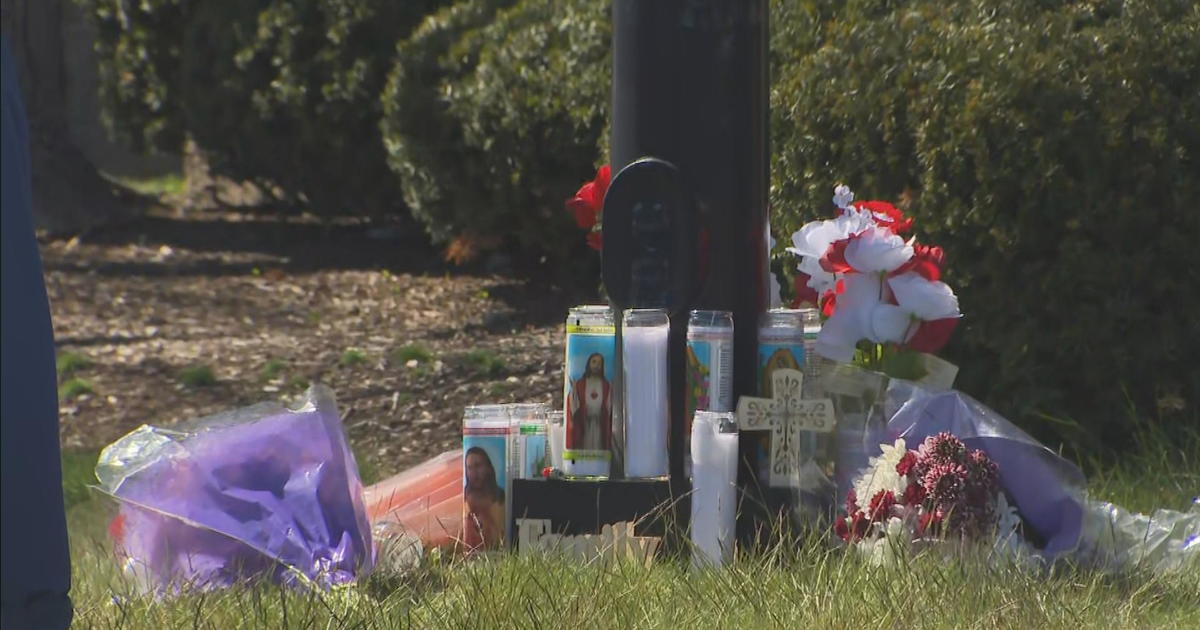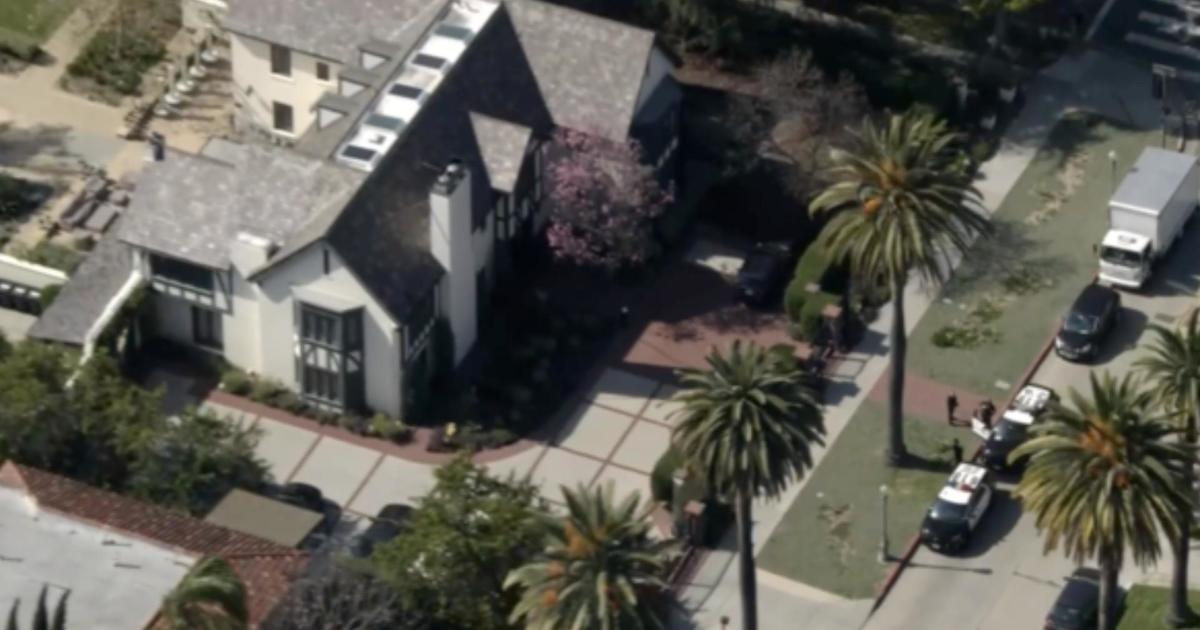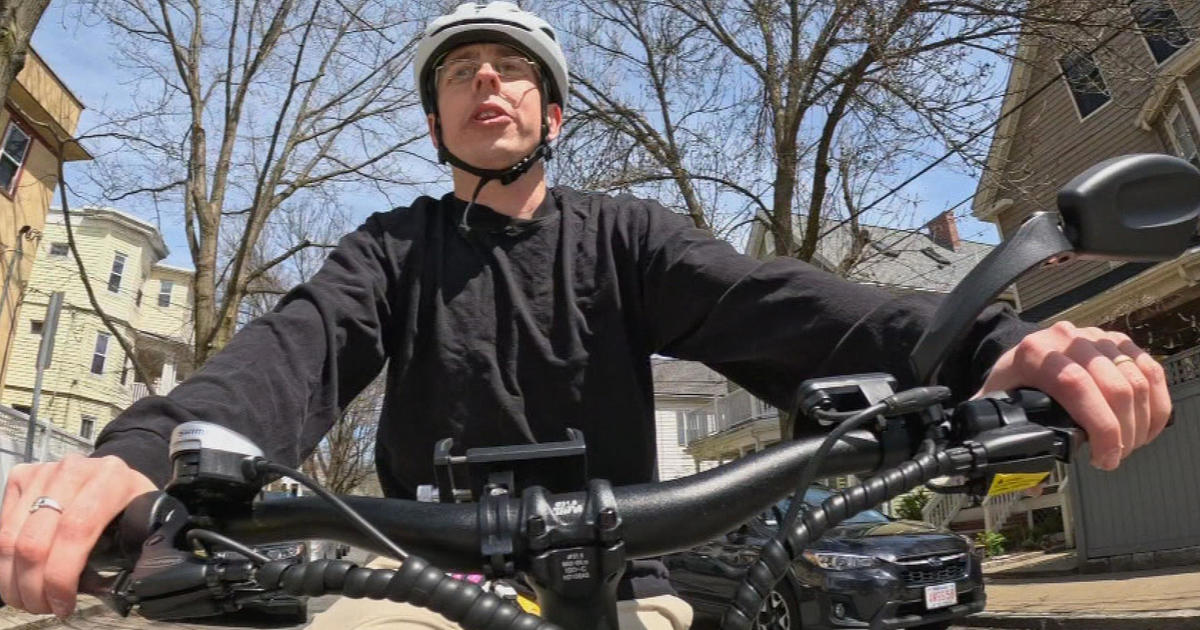Sampson Wants To Block Feds From Second Chance At Death Sentence
BOSTON (AP) – A man who was sentenced to death, then given a reprieve in two Massachusetts killings is asking a judge to bar federal prosecutors from seeking the death penalty a second time, citing everything from the trauma imposing a death sentence inflicts on jurors to the lack of a death penalty in the state.
Lawyers for Gary Lee Sampson this week presented a list of motions they intend to file or are thinking about filing before Sampson has a second sentencing trial in February. Among them are two dozen motions to prohibit the government from seeking the death penalty.
Sampson admitted carjacking and killing 19-year-old Jonathan Rizzo and 69-year-old Philip McCloskey during a weeklong crime spree in 2001. He also pleaded guilty in the murder the same week of Robert "Eli" Whitney in Meredith, New Hampshire, and received a separate life sentence.
Sampson pleaded guilty in the carjackings and killings in Massachusetts and was later sentenced to death, but that decision was overturned in 2011 after a judge found a juror in Sampson's trial had lied about her background.
Some of the arguments Sampson's lawyers say they will make are based on the fact that Massachusetts abolished its death penalty in 1984. Sampson was prosecuted under the federal death penalty statute.
Sampson's is one of two federal death penalty cases pending in Massachusetts. Prosecutors are also seeking the death penalty against Boston Marathon bombing suspect Dzhokhar Tsarnaev.
Federal prosecutors have sought the death penalty twice before in Massachusetts. Charges against two Boston gang members were eventually tried in state court.
In 2001, a jury spared former veterans hospital nurse Kristen Gilbert the death penalty, recommending a life sentence instead.
Gilbert's lawyer, David Hoose, said many of the motions listed by Sampson's lawyers are similar to those filed in other death penalty cases, including motions to declare the law unconstitutional under the 8th Amendment prohibition against cruel and unusual punishment.
But Hoose said the motions in Sampson's case are being filed at a time when the death penalty is under increased scrutiny due in part to recent botched executions using lethal injections. In Ohio, an inmate was left snorting and gasping during the 26 minutes it took him to die, while in Oklahoma, an inmate strained to lift his head off a pillow after supposedly being rendered unconscious.
Sampson's lawyers do not specifically cite the botched executions in their possible list of motions, but they do say they may file a motion to bar lethal injection "as it violates Mr. Sampson's right to be free from cruel and unusual punishment."
"I think that the time is right to file these motions and to argue them vigorously ... because I think people are questioning whether the death penalty is appropriate in a lot more situations then, say, 10 years ago," Hoose said.
Sampson's lawyers did not immediately return calls seeking comment. A spokeswoman for U.S. Attorney Carmen Ortiz declined to comment.
Sampson's lawyers have also argued that he should be spared the death penalty because jurors in his first trial did not hear enough about brain injuries that caused him to have a mental illness. They also revealed recently the he has advanced cirrhosis of the liver and is expected to live a maximum of 10 years.
Copyright 2014 The Associated Press. All rights reserved. This material may not be published, broadcast, rewritten or redistributed.
MORE LOCAL NEWS FROM CBS BOSTON



